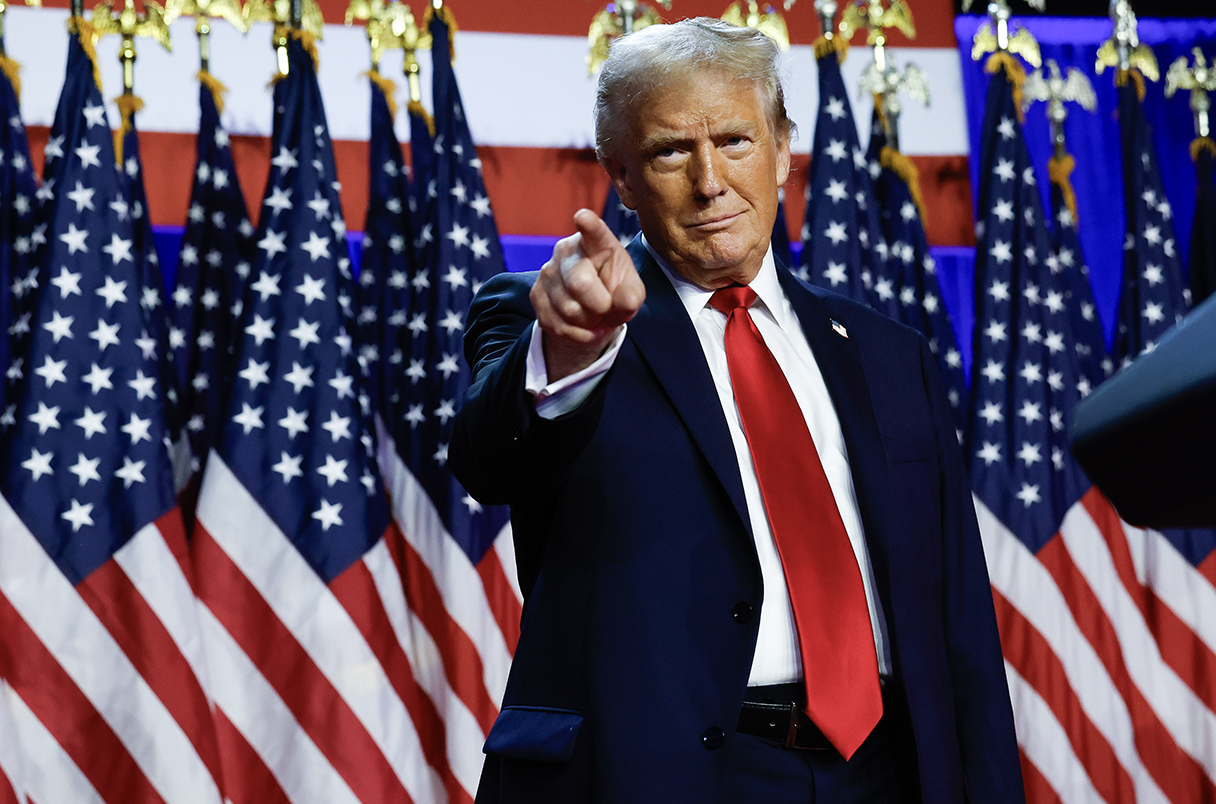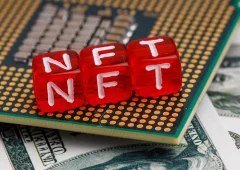Ripple Gave Millions to Trump Before SEC Softened Its Stance
23.04.2025 13:00 2 min. read Alexander Stefanov
Ripple Labs quietly emerged as one of the largest financial backers of Donald Trump’s presidential inauguration, contributing nearly $5 million just months before federal regulators began softening their stance toward the company.
The donation, revealed through a recent filing with the Federal Election Commission, was second only to a $5 million contribution from meat producer Pilgrim’s Pride.
The disclosure showed that the cryptocurrency sector had a notable presence among the inauguration’s financial supporters. According to data shared by Fortune, blockchain-related firms accounted for around $18 million of the $239 million raised.
Major players like Coinbase and Galaxy Digital each offered $1 million, while smaller industry names such as Yuga Labs and Consensys chipped in with $100,000 apiece.
These revelations come at a time when Ripple and the SEC have agreed to suspend litigation. Earlier this month, both parties filed to delay the regulator’s appeal, opting instead to work toward a settlement.
A judge granted a 60-day pause, following Ripple’s earlier agreement to drop its own counter-appeal. The settlement also slashed Ripple’s financial penalty, bringing it down from $125 million to $50 million.
Meanwhile, other crypto firms have seen a shift in regulatory treatment. The SEC dropped its case against Coinbase earlier this year and approved Galaxy Digital’s move to list on Nasdaq. However, not all interactions have been favorable—Galaxy agreed to pay $200 million to the New York Attorney General in March over its involvement with the failed LUNA project.
-
1
FTX EU Customers Can Finally Claim Frozen Funds via Backpack
12.05.2025 20:00 1 min. read -
2
Cardano Founder Denies Claims of ADA Fund Misuse Amid Legal Threats
18.05.2025 13:00 2 min. read -
3
Coinbase Becomes First U.S. Exchange to Offer 24/7 Crypto Futures
10.05.2025 15:00 1 min. read -
4
Trump Family’s Alleged Crypto Ties Spark Senate Scrutiny
11.05.2025 12:00 2 min. read -
5
Rumors of a Truth Social Crypto Token Shut Down by Trump Team
13.05.2025 19:00 1 min. read
Changpeng Zhao Wants to Hide Your Liquidation Points — Here’s Why
Binance founder Changpeng Zhao is once again stirring innovation in crypto, this time calling for a new kind of decentralized exchange (DEX) that prioritizes privacy for large-scale traders.
Poland’s New President Fuels Crypto Optimism
Poland’s political landscape may be shifting in favor of crypto innovation following the election of Karol Nawrocki, a candidate who campaigned on promises to protect investor freedom and resist burdensome regulations.
Coinbase Expands 24/7 Futures to Solana, XRP, and Cardano Amid Rising Altcoin Demand
Coinbase is gearing up to broaden its futures trading capabilities, introducing round-the-clock contracts for Solana (SOL), XRP, and Cardano (ADA) starting June 13.
Here Are the 10 Most Actively Developed DeFi Projects Right Now
A new report from blockchain analytics firm Santiment highlights which DeFi projects have seen the most developer activity over the past month—and the leaderboard has shifted in unexpected ways.
-
1
FTX EU Customers Can Finally Claim Frozen Funds via Backpack
12.05.2025 20:00 1 min. read -
2
Cardano Founder Denies Claims of ADA Fund Misuse Amid Legal Threats
18.05.2025 13:00 2 min. read -
3
Coinbase Becomes First U.S. Exchange to Offer 24/7 Crypto Futures
10.05.2025 15:00 1 min. read -
4
Trump Family’s Alleged Crypto Ties Spark Senate Scrutiny
11.05.2025 12:00 2 min. read -
5
Rumors of a Truth Social Crypto Token Shut Down by Trump Team
13.05.2025 19:00 1 min. read


